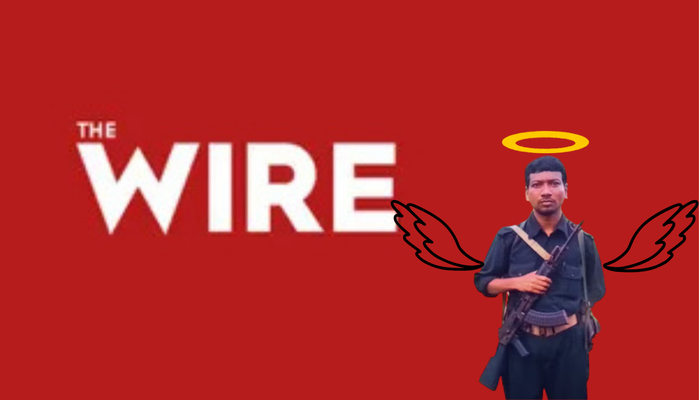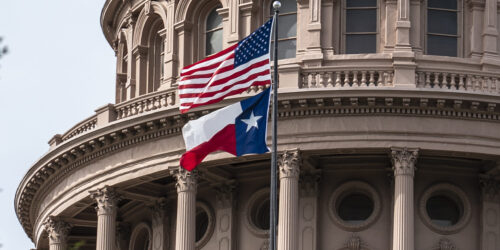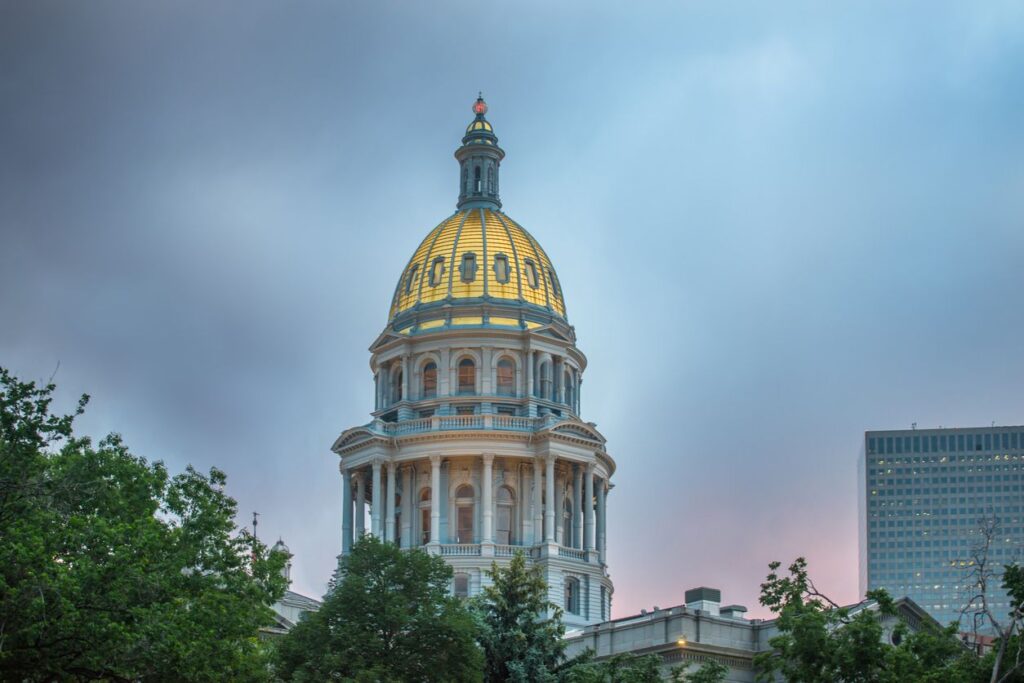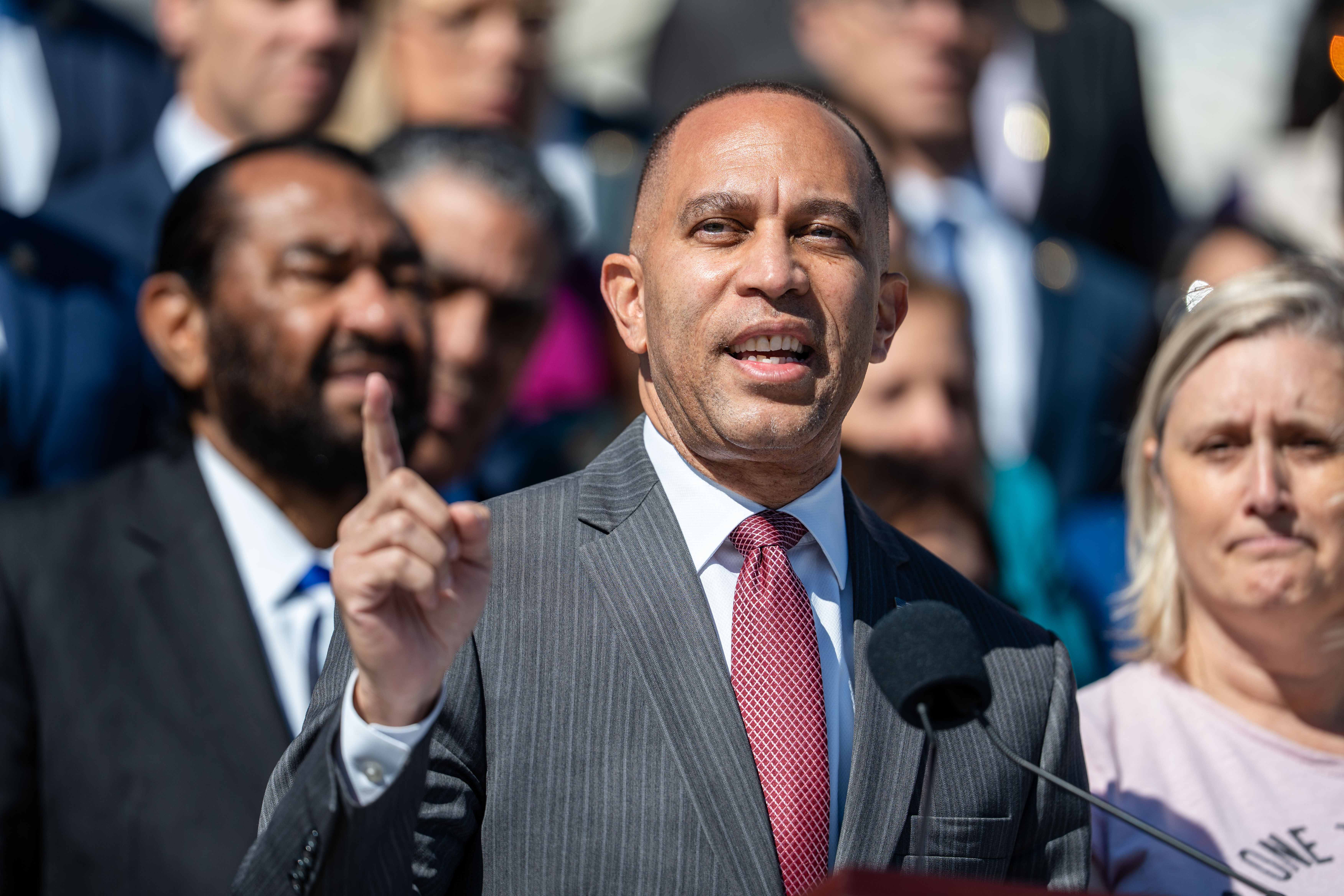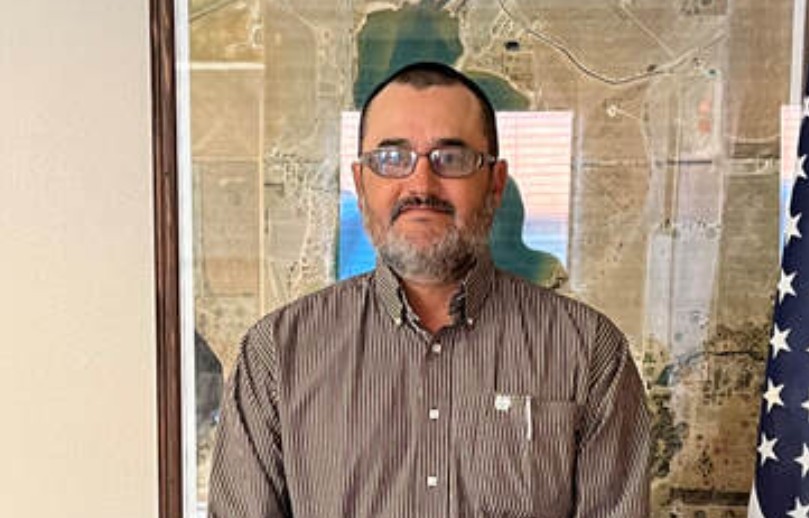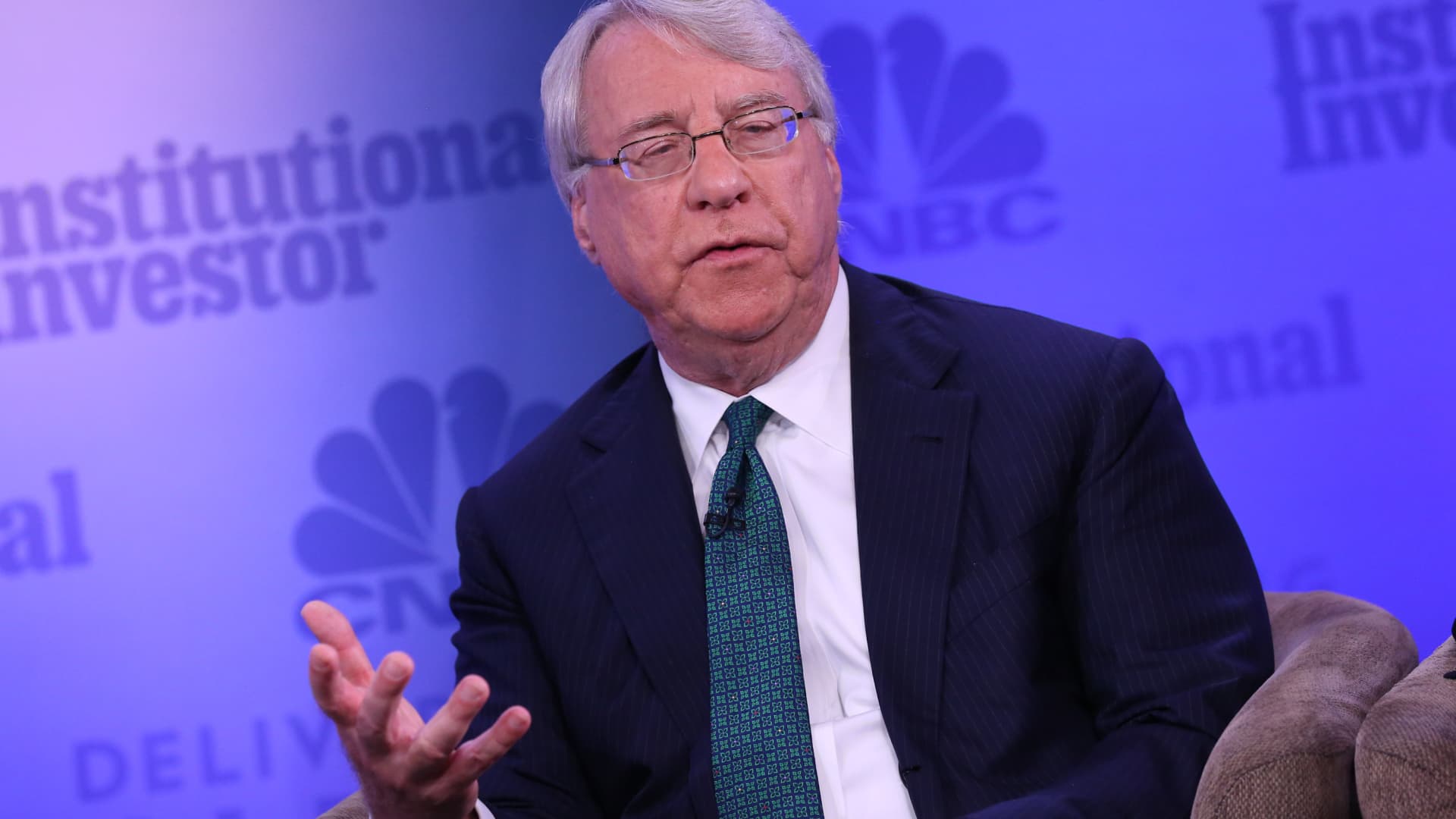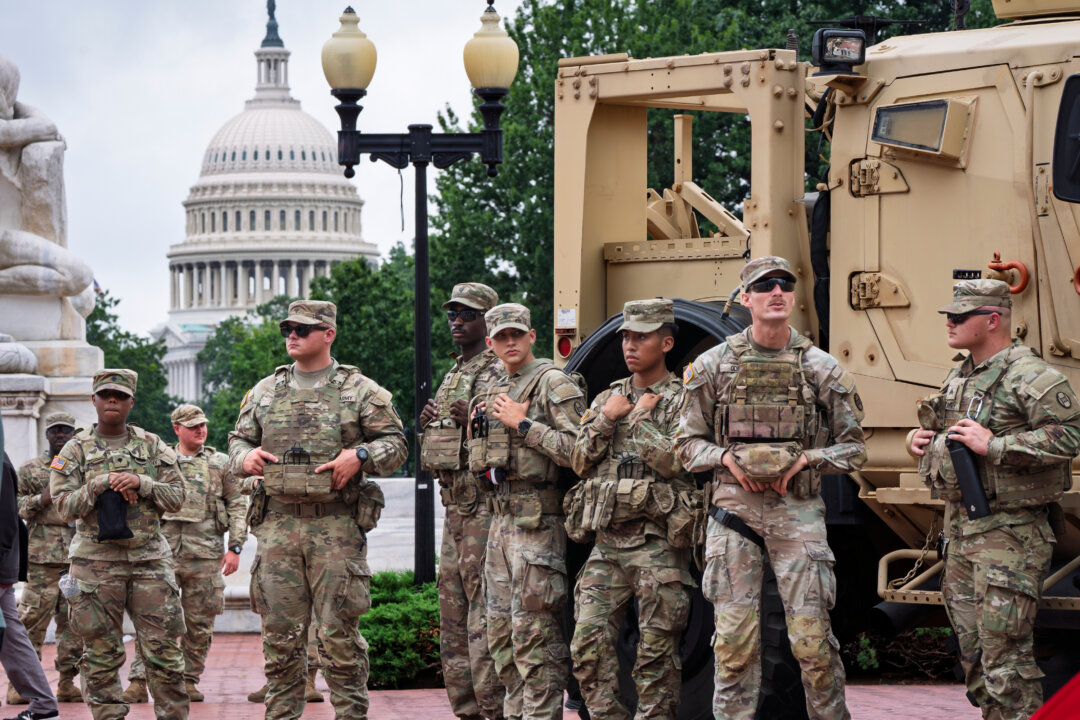As SIA raids Kashmir Times office and recovers ammunitions, read about its executive editor Anuradha Bhasin and how she has been publishing anti-national content
The State Investigation Agency (SIA) of the Jammu and Kashmir Police raided the Jammu office of Kashmir Times, a local English-language newspaper, on 20th November 2025. The raids came as part of the ongoing action against alleged terror funding, separatist networks, and the promotion of secessionist and Jihadist ideology. Around 14 AK-47 cartridges, pistol rounds and three grenade safety levers were recovered during the searches at the newspaper’s office. The authorities have registered an FIR under the stringent Unlawful Activities (Prevention) Act (UAPA) against Kashmir Times, its promoters and Executive Editor Anuradha Bhasin. #BREAKING: J&K Police SIA raids Kashmir Times newspaper office in Jammu for indulging in anti national activities and spreading disaffection against the country and threatening sovereignty. SIA FIR names Anuradha Bhasin, Editor of Kashmir Times who is likely to be quizzed for her… pic.twitter.com/4AIFSFrvKQ— Aditya Raj Kaul (@AdityaRajKaul) November 20, 2025 The SIA has accused Bhasin and her newspaper of involvement in a “criminal conspiracy with secessionist and other anti-national entities” active in and outside Jammu and Kashmir. Anuradha Bhasin, who is currently reported to be in the US, is likely to be questioned by the SIA about her alleged role in a coordinated “publicity network promoting Jihadi terrorist and separatist ideology, disseminating inflammatory and fabricated narratives, and also attempting to radicalise youth. The action against Kashmir Times comes at a time when investigations are currently underway into the massive car blast that took place near Delhi’s Red Fort on 10th November. The Jihadi terror attack killed 13 people. The prime accused behind the attack has been identified as Dr Umar un Nabi, a key member of a radicalised module of doctors and clerics that authorities say was planning larger acts of terror. Around 3000 kgs of explosives and weapons were recovered from several doctors linked to Jaish-e-Mohammed. The jihadi module was preparing to carry out a Hamas-style strike similar to the October 2023 assault in Israel. During the investigation, the NIA also found video material showing Umar un Nabi speaking about suicide bombing, calling it a “profound religious act” rather than an act of violence. The probe agency continues to investigate links between the Delhi module and handlers in Jammu and Kashmir. The investigators opine that the same network may have had connections with groups attempting to spread propaganda through certain media channels that are now under scrutiny by the SIA. Anuradha Bhasin and Kashmir Times peddling anti-India propaganda under the pretext of ‘independent journalism’ Founded by veteran journalist Ved Bhasin and now run by his daughter Anuradha Bhasin, The Kashmir Times was under scrutiny earlier as well when its Srinagar office was sealed in 2020. The paper stopped its print edition a few years ago and has been operating solely in its digital format since. It must be recalled that the Jammu and Kashmir government had allocated two properties to the Kashmir Times. One of them was used as office space while the other served as the residence of Ved Bhasin, the founder of Kashmir Times. Following his death in 2015, the administration had issued notices to the family to vacate the government-allocated residence. However, Anuradha Bhasin, who was supposed to hand over the government-allocated buildings after her father’s death, alleged that the administration had ‘locked down’ the newspaper’s office in Srinagar in an illegal manner. In a joint statement issued on 20th November 2025, Anuradha Bhasin and her husband Prabodh Jamwal condemned the action taken by the SIA, dubbing it “yet another attempt to intimidate, delegitimise, and ultimately silence” independent journalism. While the Kashmir Times editors played the usual victim card and said that “Criticising the government is not the same as being inimical to the state”, the newspaper and its editors blurred the line between criticising the government and going anti-national. Anuradha Bhasin joined Kashmir Times in 1989 as a trainee reporter and took over as the newspaper’s Executive Editor in 2015 after Ved Bhasin’s demise. Days after Article 370, which gave special status to Jammu and Kashmir, was abrogated by the Modi government on 5th August 2019, Anuradha Bhasin moved the Supreme Court against restrictions on media movement in Jammu and Kashmir. This came at a time when the authorities had shut down internet services and increased security curbs to maintain law and order. Back in December 2023, Anuradha Bhasin wrote an essay on Article 370, its history, legal contexts and significance. The article, however, argued that Article 370 or Jammu and Kashmir’s special status should not have been revoked and that Article 370 was not a temporary provision. Bhasin deemed the abrogation of Article 370 and Article 35a, which even the Supre
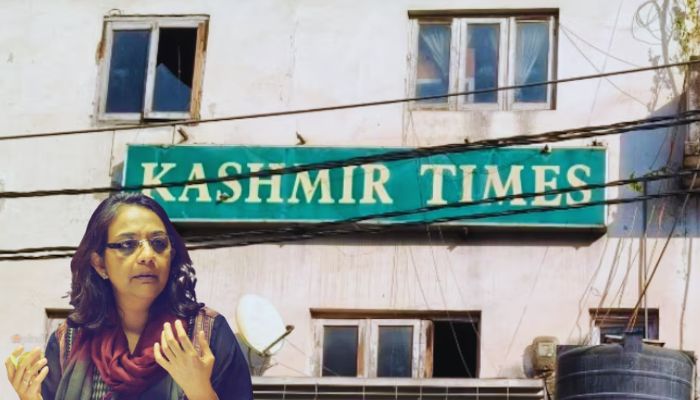


The State Investigation Agency (SIA) of the Jammu and Kashmir Police raided the Jammu office of Kashmir Times, a local English-language newspaper, on 20th November 2025. The raids came as part of the ongoing action against alleged terror funding, separatist networks, and the promotion of secessionist and Jihadist ideology.
Around 14 AK-47 cartridges, pistol rounds and three grenade safety levers were recovered during the searches at the newspaper’s office. The authorities have registered an FIR under the stringent Unlawful Activities (Prevention) Act (UAPA) against Kashmir Times, its promoters and Executive Editor Anuradha Bhasin.
#BREAKING: J&K Police SIA raids Kashmir Times newspaper office in Jammu for indulging in anti national activities and spreading disaffection against the country and threatening sovereignty. SIA FIR names Anuradha Bhasin, Editor of Kashmir Times who is likely to be quizzed for her… pic.twitter.com/4AIFSFrvKQ
— Aditya Raj Kaul (@AdityaRajKaul) November 20, 2025
The SIA has accused Bhasin and her newspaper of involvement in a “criminal conspiracy with secessionist and other anti-national entities” active in and outside Jammu and Kashmir. Anuradha Bhasin, who is currently reported to be in the US, is likely to be questioned by the SIA about her alleged role in a coordinated “publicity network promoting Jihadi terrorist and separatist ideology, disseminating inflammatory and fabricated narratives, and also attempting to radicalise youth.
The action against Kashmir Times comes at a time when investigations are currently underway into the massive car blast that took place near Delhi’s Red Fort on 10th November. The Jihadi terror attack killed 13 people. The prime accused behind the attack has been identified as Dr Umar un Nabi, a key member of a radicalised module of doctors and clerics that authorities say was planning larger acts of terror. Around 3000 kgs of explosives and weapons were recovered from several doctors linked to Jaish-e-Mohammed. The jihadi module was preparing to carry out a Hamas-style strike similar to the October 2023 assault in Israel.
During the investigation, the NIA also found video material showing Umar un Nabi speaking about suicide bombing, calling it a “profound religious act” rather than an act of violence. The probe agency continues to investigate links between the Delhi module and handlers in Jammu and Kashmir.
The investigators opine that the same network may have had connections with groups attempting to spread propaganda through certain media channels that are now under scrutiny by the SIA.
Anuradha Bhasin and Kashmir Times peddling anti-India propaganda under the pretext of ‘independent journalism’
Founded by veteran journalist Ved Bhasin and now run by his daughter Anuradha Bhasin, The Kashmir Times was under scrutiny earlier as well when its Srinagar office was sealed in 2020. The paper stopped its print edition a few years ago and has been operating solely in its digital format since.
It must be recalled that the Jammu and Kashmir government had allocated two properties to the Kashmir Times. One of them was used as office space while the other served as the residence of Ved Bhasin, the founder of Kashmir Times. Following his death in 2015, the administration had issued notices to the family to vacate the government-allocated residence. However, Anuradha Bhasin, who was supposed to hand over the government-allocated buildings after her father’s death, alleged that the administration had ‘locked down’ the newspaper’s office in Srinagar in an illegal manner.
In a joint statement issued on 20th November 2025, Anuradha Bhasin and her husband Prabodh Jamwal condemned the action taken by the SIA, dubbing it “yet another attempt to intimidate, delegitimise, and ultimately silence” independent journalism.
While the Kashmir Times editors played the usual victim card and said that “Criticising the government is not the same as being inimical to the state”, the newspaper and its editors blurred the line between criticising the government and going anti-national.
Anuradha Bhasin joined Kashmir Times in 1989 as a trainee reporter and took over as the newspaper’s Executive Editor in 2015 after Ved Bhasin’s demise.
Days after Article 370, which gave special status to Jammu and Kashmir, was abrogated by the Modi government on 5th August 2019, Anuradha Bhasin moved the Supreme Court against restrictions on media movement in Jammu and Kashmir. This came at a time when the authorities had shut down internet services and increased security curbs to maintain law and order.
Back in December 2023, Anuradha Bhasin wrote an essay on Article 370, its history, legal contexts and significance. The article, however, argued that Article 370 or Jammu and Kashmir’s special status should not have been revoked and that Article 370 was not a temporary provision. Bhasin deemed the abrogation of Article 370 and Article 35a, which even the Supreme Court upheld, as some sort of political and constitutional ‘fraud’.

Kashmir Times also regularly platforms those who are dedicated to undermining Indian democracy and national interests. In December 2023, KT published an article by advocate Prashant Bhushan, who has been linked to the 2020 anti-Hindu Delhi Riots, wherein he accused the Supreme Court of ‘betrayal’, since the apex court not only noted that Article 370 was a temporary provision, but also upheld the Central government’s decision to repeal it.

In August this year, Anuradha Bhasin’s controversial book “A Dismantled State: The Untold Story of Kashmir After Article 370”, was banned by the Jammu and Kashmir government for propagating a false and secessionist narrative.
In her now-banned book, Bhasin wrote, “Two kinds of opinions are common. ‘Article 370 made us an autonomous part of India. Now we are occupied’, is an oft heard comment from Kashmiris who had some faith in Indian democracy. For the supporters of ‘Azadi’, it was a moment of schadenfreude. ‘We were never part of India. Now, they have also broken the only legal link,’ they say.

In March 2023, Anuradha Bhasin wrote an op-ed in the New York Times criticising PM Modi’s stance against the Indian media and its freedom of expression. She alleged that the Modi-led government had imposed ‘repressive’ media policies in the country and was deliberately targeting the media organisations that chose to voice opinion against the government or the Prime Minister.
In the article titled ‘Modi’s final assault on India’s Press Freedom has begun’, Bhasin, who has been a vocal critic of the Indian establishment that her outlet, The Kashmir Times, could not survive under Modi. She also blatantly alleged that the government was intimidating media outlets into serving as mouthpieces and creating an information vacuum in the UT.
“Journalists are routinely summoned by the police, interrogated, and threatened with charges such as income tax violations or terrorism or separatism. Several prominent journalists have been detained or sentenced to jail terms. We work under a cloud of fear. Many journalists self-censor or simply quit. Fearing arrest, some have fled into exile overseas,” she claimed.
“Journalism has always been hazardous in Kashmir. India and Pakistan both claim the mountainous region, which has been plagued by war and a separatist insurgency for decades. Journalists have been caught in the middle, threatened and intimidated by Indian security forces and militants, both of whom have wanted to control how the story is being told. At least 19 journalists were killed in Kashmir between 1990 and 2018,” she added. She also stated that the actions of the Indian government were a threat to Indian democracy.
Notably, Anuradha Bhasin has indulged in several anti-India activities and has connections with Pakistan’s ISI. Ved Bhasin, her father, was also a staunch supporter of the ISI’s anti-India operations in Kashmir. He blatantly supported the idea of Kashmir’s separation from India. Ved Bhasin also had links with the separatist outfit Jammu and Kashmir Liberation Front (JKLF). He also sympathised with JKLF founder Maqbool Bhat.
Ved Bhasin was a close friend of ISI mole Ghulam Nabi Fai in the United States. Fai, a Jamaat-e-Islami activist, also praised Ved Bhasin after his death, saying that he was the only person who believed that the solution to Kashmir’s problem would be establishing a separate state.
The Bhasin father-daughter duo have also been part of several ISI-sponsored conferences organised by Fai and his Kashmir American Council (KAC).
Back in 2011, Anuradha Bhasin extended support to Fai after he was accused of receiving money from the ISI for carrying out anti-India pursuits in Kashmir. Fai and one Zaheer Ahmed, a US citizen of Pakistani origin, were charged with using around $4m (£2.5m) in Pakistani funds to influence the US position in favour of Pakistan about Jammu and Kashmir.
“For the last 20 years, Mr Fai secretly took millions of dollars from Pakistani intelligence and lied about it to the US government,” US Attorney Neil MacBride said in a statement back then.
Fai had pleaded guilty to conspiracy and tax violations and admitted to having received funding from the ISI for pushing the Pakistani narrative and influencing the US government’s stance on the dispute of Jammu and Kashmir. Ghulam Nabi Fai was jailed for two years in the US in this case.
Anuradha Bhasin published a long rant against India and the Indian media for calling out Fai as being on a Pakistani payroll. In her July 2011 article published in Countercurrents, she not only downplayed Fai’s pro-Pakistan activities but also defended the ISI. “If the charges are true, what’s the big deal about an ISI-funded event where Indians are invited. ISI is not an outlawed, banned terror outfit,” she wrote, adding that despite its proximity to some terror groups, ISI is distinct from Taliban or similar ‘militant’ outfits.

Bhasin conveniently skipped mentioning the fact that ISI has orchestrated numerous terror attacks in India and pursues the policy of doing everything it possibly can to harm and destabilise India. ISI’s role in funding, arming and supporting Islamic terrorists for Jihad in Kashmir is not hidden. It is thus safe to conclude that only someone supportive of Pakistan’s illegal claim over the entire Jammu and Kashmir, as well as in favour of separating Jammu and Kashmir from India, would whitewash ISI.
Unsurprisingly, Anuradha Bhasin also sympathised with Mohammed Afzal Guru, the 2001 Parliament attack convict was given the death penalty and executed at the Tihar Jail in 2013. A year after Afzal Guru’s hanging, Bhasin wrote a propaganda piece in Countercurrents, wherein she whitewashed Afzal Guru, portrayed him as a ‘martyr of India’s arrogance’, labelled him a victim and hero. She claimed that Afzal Guru was denied a ‘fair chance’ to defend himself. Moreover, Bhasin also sympathised with separatist and JKLF founder Maqbool Bhatt, who was hanged to death in 1984.

In 2010, Anuradha Bhasin published a research paper in the Economic and Political Weekly, titled: “Fuelling Rage in Kashmir”. In this paper, Bhasin painted the Indian security forces as oppressors killing Kashmiri children and youth, citing the death of a nine-year-old boy.
“The insensitivity of the government and its abject refusal to hold the uniformed personnel, who indulge in the most brutal action against protestors who are peaceful or at best are stone pelters, stunned even the most apolitical beings in Kashmir…” Bhasin wrote, suggesting that the armed forces should have endured stones and surrendered before the raging separatist mobs instead of acting against them.

Days after the Islamic terror attack in Pahalgam in April this year, Anuradha Bhasin gave an interview to The Hindu, wherein she was asked about what could be the reason behind the ‘Pahalgam tragedy’. Responding to this, Bhasin said, “For many of us, who have been closely observing Kashmir for years, this is something that could have been easily anticipated. Not exactly in the manner in which it eventually happened, but certainly all of us knew that there could be an explosion of venom.”

In essence, Bhasin meant to say that the Pahalgam terror attack wherein Hindus were singled out for their religion, shot dead after failing to recite the Islamic Kalma, was an outburst of Kashmir’s brewing anger over the abrogation of Article 370, an expression of “deepening resentment ground.”
Bhasin, in her other interviews, has also echoed the Islamist narrative of ‘demographic change,’ saying that the BJP-RSS want to outnumber the local Kashmiri Muslim populace in jobs, businesses and voting patterns, by bringing in people from other regions of India. While the Kashmir Times editor has repeatedly expressed her apprehensions over any real or imaginary demographic change in Kashmir, she never raised similar concerns over the genocide of Kashmiri Pandits. She never spoke with the same intensity about how the Hindu demography of Kashmir was systematically altered.
So much for ‘independent journalism’, ‘dissent’ and ‘criticising the government’ that Anuradha Bhasin amplified propaganda accusing the Indian Army of ‘torturing’ and ‘murdering’ civilians in Jammu.

In February 2024, Bhasin shared a propaganda piece by Caravan India, which claimed that the India Army tortures and kills civilians. No wonder Kashmir Times calls the Pakistan-occupied Jammu and Kashmir as Pakistan-administered Jammu and Kashmir. In its reports related to the PoK, Kashmir Times either writes ‘ PaJK’ or as “Pakistan Occupied Kashmir (PoK), which India calls it.”
On 17th November, Anuradha Bhasin wrote an article reeking of a pro-Pakistan and pro-Islamist mindset. In her article headlined: Inventing an Enemy Within: ‘White Collar Hate’ to Combat ‘White Collar Terror’, Bhasin argued that, somehow, under the pretext of calling out “white collar terrorism” after the Delhi blast that killed 13 innocent people, Islamophobia is being pushed against all Muslims just because some Muslim doctors were involved in the Jihadi terror attack.
Anuradha Bhasin also asserted that Pakistan has not been explicitly blamed for the Delhi Blast so far since “India learned the hard way that the world has no appetite for nuclear brinkmanship in South Asia, and that Pakistan’s military capability can’t be undermined.”

Call it limerence for Pakistan or divorced-from-reality take by Bhasin, India has never indulged in nuclear brinkmanship; it is the Pakistani military and its subservient political leadership, which constantly issues nuclear war threats against India. By writing that ‘Pakistan’s military capability can’t be undermined’, Bhasin insinuated that somehow Pakistan had an upper hand during the May conflict. However, in reality, it was India that dominated Pakistan throughout the conflict, forcing the hostile neighbour to reach out to the Indian DGMO and leaders of several foreign countries, including the US, to seek a ceasefire.
Also, the only person to stand humiliated due to Trump’s claim of PM Modi requesting him to end the war is Donald Trump himself. Not only has the Modi government refuted Trump’s claims of stopping the India-Pakistan conflict, but it has also refrained from nominating Trump for the Nobel Peace Prize he so desperately sought and Pakistan nominated it for. The situation is such that Trump’s claims of stopping the India-Pakistan conflict and alleged downing of fighter jets are no longer taken seriously by the people.
She also argued that by declaring that every terror attack after the Pahalgam attack will be deemed an act of war, the Indian government has decreased the threshold of war and is thus not explicitly blaming Pakistan. Bhasin asserted that the Modi government has ‘thrived’ on terror attacks and wants to erect a villain for the public to vent out its anger against after the Delhi attack, and thus Muslims, especially educated Muslims, are being painted as a threat to India’s security and integrity.
While declaring anyone criticising the well-educated Jihadi perpetrators of the Delhi blast and raising concern over Islamic fanaticism even in educated Muslims as Islamophobia, she suggested no way in which people can distinguish between Jihadist Muslims and ‘peaceful’ Muslims.
Ironically, Anuradha Bhasin, who has been advocating against the UAPA, labelling it a weapon against dissenting voices, has ended up getting booked under the same UAPA. Unsurprisingly, the Islamo-leftist cabal has jumped to Bhasin’s defence and is whitewashing the alleged criminal and anti-India activities of Bhasin and her newspaper by peddling the narrative that the government was targeting the paper simply for being critical of its policies, even though firearms, pistols, and a grenade were reportedly recovered from the office of Kashmir Times.



